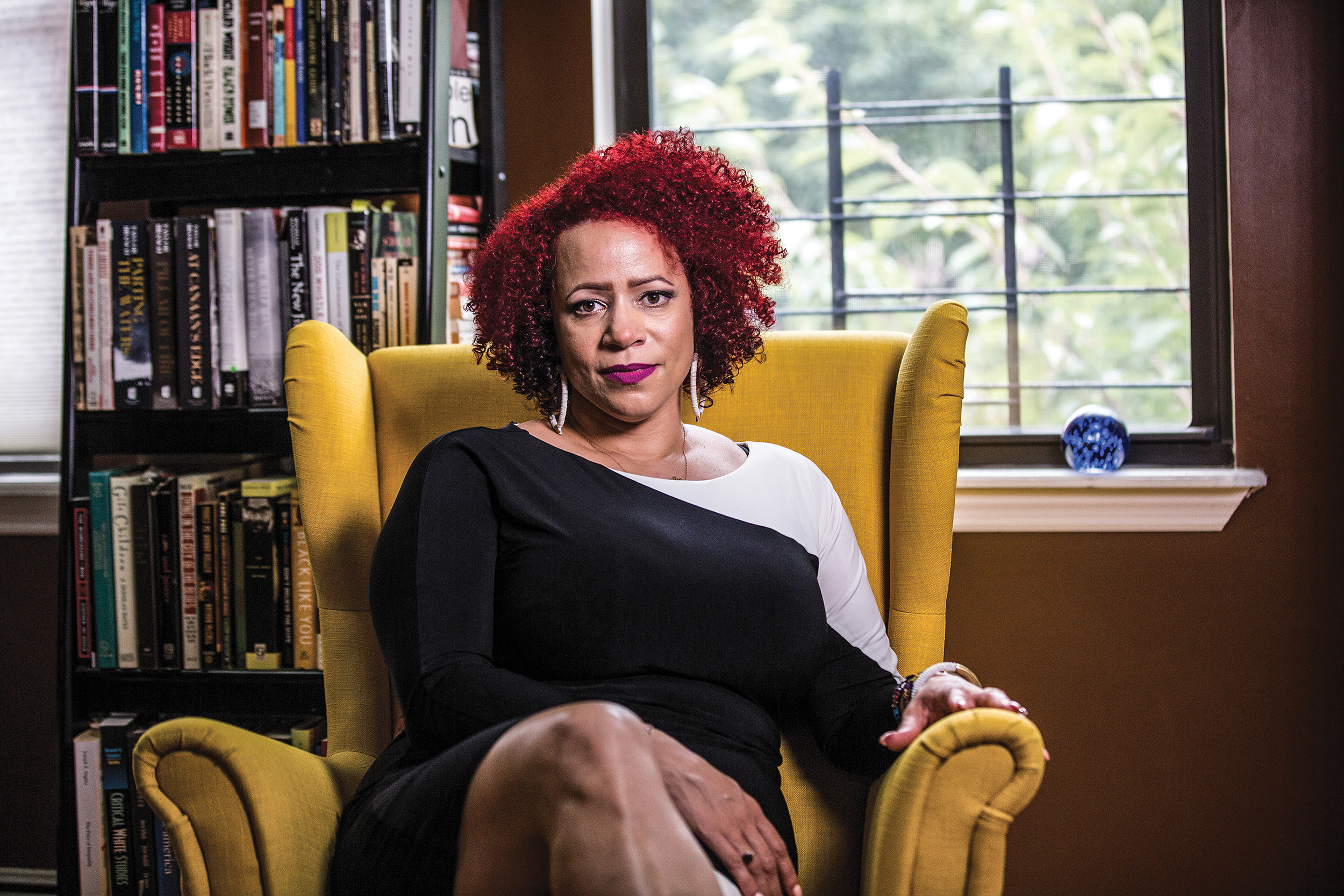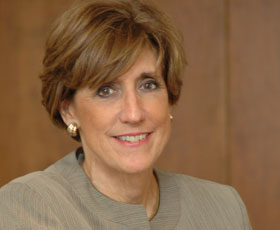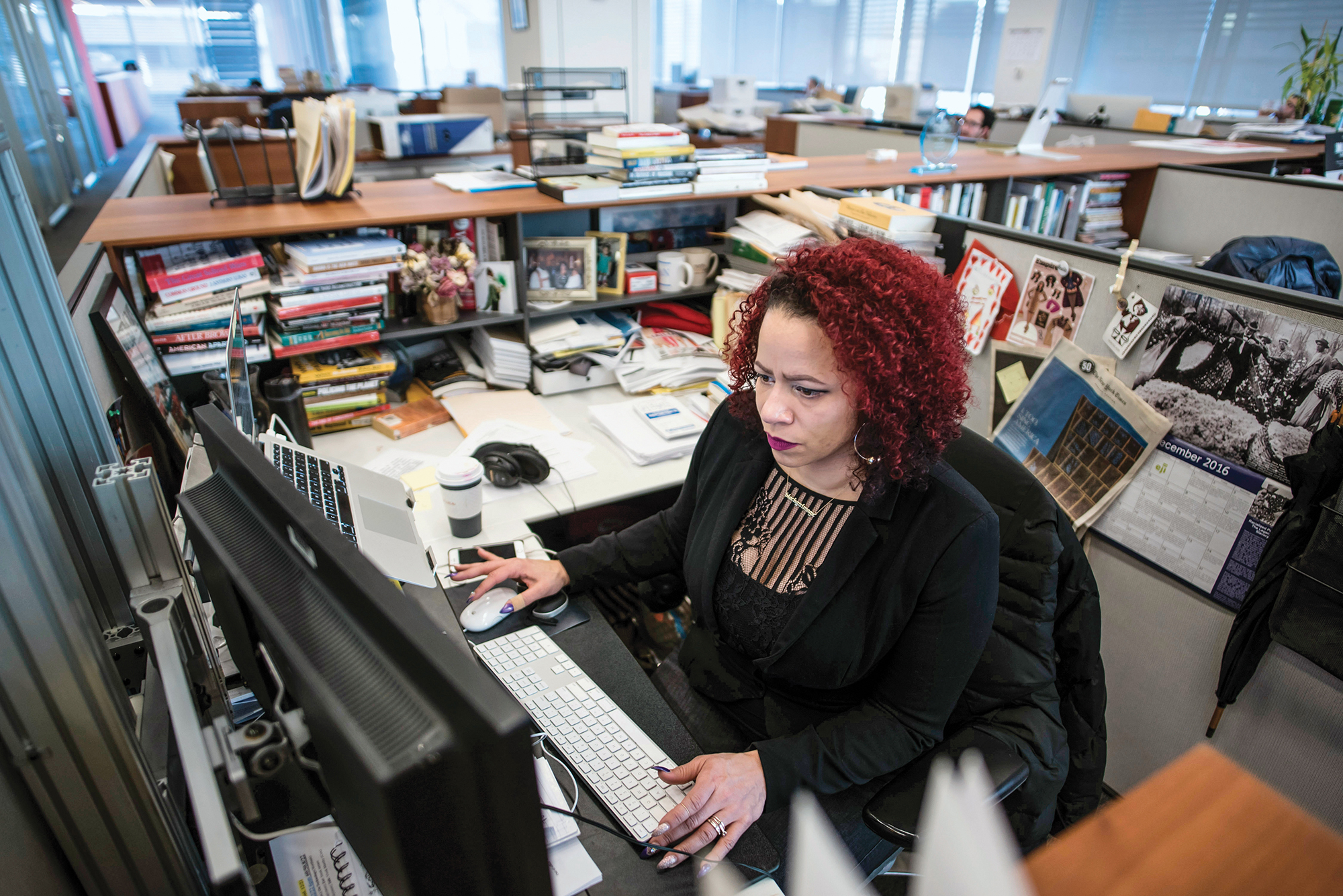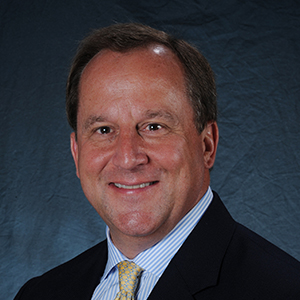Noted Journalist Got Knight Chair, Did Not Get Tenure
Posted on May 20, 2021 | Updated May 24, 2021
Nikole Hannah-Jones. (John D. & Catherine T. MacArthur Foundation)
Nikole Hannah-Jones ’03 (MA), set to join UNC’s Hussman School of Journalism and Media in July as the Knight Chair in race and investigative journalism, has been granted a fixed five-year term as professor of the practice after the Board of Trustees took no action on the Hussman school’s bid for her to receive a tenured professorship.

Susan King
Hannah-Jones, a 2020 Pulitzer Prize winner for her “1619 Project” for The New York Times and recipient of a MacArthur Fellowship “genius grant” in 2017, sailed through the lengthy tenure approval process, according to Dean Susan King of the journalism school. After the application had reached the provost’s office, where a request in January from the trustees’ University Affairs Committee for more time to consider it was granted, the application never reached the trustees.
King said she did not initiate the shift to the fixed-term professorship. As Hannah-Jones’ failure to receive tenure started a public outcry Wednesday, King said Chancellor Kevin Guskiewicz and Provost Bob Blouin both supported the fixed-term alternative, which does not require trustee approval.
Hannah-Jones has been a lightning rod in Chapel Hill, drawing the attention of conservatives who see her as an advocate of the racial reckoning movement. Writers for the James G. Martin Center for Academic Renewal referred to her as “the founder of the infamous 1619 Project, which seeks to reframe American history as fundamentally racist” and said her hiring “signals a degradation of journalistic standards.” Those writers also opined: “In determining whether or not to approve a hire, the board must consider whether the individual prioritizes scholarship over political activism.”

Hannah-Jones has been a lightning rod in Chapel Hill, drawing the attention of conservatives who see her as an advocate of the racial reckoning movement. (Karsten Moran/Redux Pictures)
Two unidentified trustees told the website NC Policy Watch that a discussion centered on Hannah-Jones’ inexperience in teaching was a mask for a politically motivated decision. “This is a very political thing,” one trustee said, according to NC Policy Watch. “The university and the board of trustees and the Board of Governors and the legislature have all been getting pressure since this thing was first announced last month. There have been people writing letters and making calls, for and against.” Speaking of the fixed-term alternative, the trustee, according to NC Policy Watch, said: “It’s maybe not a solution that is going to please everyone. Maybe it won’t please anyone. But if this was going to happen, this was the way to get it done.”
A second trustee told NC Policy Watch that questioning tenure for a person not from academia “doesn’t really hold water” because the idea of the Knight Chair is to bring journalists to the academic setting.

Mimi Chapman
Shortly after Faculty Chair Mimi Chapman ’97 (PhD) told a trustees committee on Wednesday that the reasons given for the decision “make no sense” and that the tenure denial had eroded respect between trustees and the faculty, news of the decision spread nationwide — by Thursday, The Chronicle of Higher Education, The New York Times, The Washington Post and the website Higher Education Matters all had the story that Policy Watch had broken the day before.
Thirty-five Hussman faculty members said in a letter that they were “stunned,” and 31 student leaders wrote to Hannah-Jones that they were “frustrated and disappointed that our University, the flagship institution of the UNC System, has failed not only you, an outstanding alumna, but its students, its faculty, its community as a whole — and yes, the spirit upon which Carolina was founded: Lux Libertas — light and liberty.”
The Carolina Black Caucus, an advocacy group for Black UNC faculty and staff, wrote, “The decision to back out of offering Hannah-Jones tenure with her appointment is yet another example of UNC’s lack of commitment to ensuring that our Black student population sees themselves in their instructional faculty.” Thursday’s trustees meeting was interrupted by people protesting the decision. Twenty-one Knight Chair holders from across the country and the National Association of Black Journalists announced their opposition.
On Monday, the Faculty Executive Committee adopted a resolution urging the trustees to “uphold the long tradition of respect for recommendations from faculty bodies in hiring and tenure cases.” The committee asked the trustees to “take up the matter of tenure for Nikole Hannah-Jones immediately, and to explain to the fullest extent possible, without violating the law, the reasons for its decision.”
“This has really shaken a lot of people’s faith in the process,” said Dr. Benny Joyner ’93 (’02 MPH, ’02 MD), a pediatric critical care physician and a member of the committee.
King said she was told the reason for the trustees’ decision was concern about giving tenure to someone with little experience in academia. She also said the chancellor and the provost had gone to bat for Hannah-Jones with the trustees and had endorsed the five-year alternative.
“They stood by the school to try to find a way to bring her here,” King said.
Knight Chair professorships, endowed by the John S. and James L. Knight Foundation, are designed to bring top professionals to classrooms to teach and mentor students. Hannah-Jones joins a network of independent Knight Chairs in journalism at 21 colleges and universities across the country.
Knight Foundation President Alberto Ibargüen told The Chronicle of Higher Education that it is not involved in appointments. “It is not our place to tell U.N.C. or U.N.C./Hussman who they should appoint or give tenure to,” Ibargüen said in a statement. “It is, however, clear to us that Hannah-Jones is eminently qualified for the appointment and we would urge the trustees of the University of North Carolina to reconsider their decision within the time frame of our agreement.”
Hannah-Jones, who has the option of being reviewed for tenure at the end of the five-year professorship, had declined to comment as of Thursday. On Wednesday, she tweeted, “I’ve been staying off of here today, but just know I see you all and I am grateful.”
“It is not our place to tell U.N.C. or U.N.C./Hussman who they should appoint or give tenure to. It is, however, clear to us that Hannah-Jones is eminently qualified for the appointment and we would urge the trustees of the University of North Carolina to reconsider their decision within the time frame of our agreement.”
—Statement from Knight Foundation President Alberto Ibargüen
Chapman told the trustees that a conservative estimate of the time spent by local and outside faculty on a single tenure decision is 164 hours, not counting the time of the dean or department chair, staff time and the time of the chancellor and provost.
“The concerns that are rumored to have been the cause of this particular decision — does this candidate have adequate teaching experience, she’s not coming from an academic background — make no sense as a reason to take an action that does such damage to the relationship between the trustees and the faculty,” Chapman said. “To take this decision is to say to the faculty, intentionally or not, that our expertise, our judgment, our devotion to this institution and, indeed, our time is not something that you value.
“When we recommend tenure, we do so with a deep conviction that the person being tenured has ideas and worth that are life-changing and life-affirming even if that work and those ideas are controversial or difficult to sit with.”

Chuck Duckett
Trustee Charles Duckett ’82 challenged Chapman, saying: “We have not blocked tenure and done different things, and all of a sudden, we are being accused of not working with the faculty. You make a statement that there are principles of shared governance that comes into question when the Board of Trustees elects not to follow a faculty recommendation on tenure. Shared governance means people have different responsibilities. And shared governance does not mean that we just have to sit here and rubber stamp everything that comes our way, and that’s basically what you’re sitting here telling us.”
Duckett added that comments he said Chapman made about students rushing Franklin Street after a basketball game being “a definition of white privilege” were “overcharged, oversimplified and indicative more about making the news than actually leading. That’s my personal opinion. There’s a lot of statements being made that aren’t correct. And I’ll leave it there.”
“When we recommend tenure, we do so with a deep conviction that the person being tenured has ideas and worth that are life-changing and life-affirming even if that work and those ideas are controversial or difficult to sit with.”
— Faculty Chair Mimi Chapman ’97 (PhD)
“The 1619 Project,” named for the year that enslaved Black people first landed on American shores, is in the Times’ words an attempt “to reframe the country’s history by placing the consequences of slavery and the contributions of Black Americans at the very center of the United States’ national narrative.” It was Hannah-Jones’ idea, and her Pulitzer was for its introductory commentary.
Historians, journalists and Times staff debated some of the material and questioned its accuracy. The paper added editing of the story and published clarifications but stood by the project.
The Hussman school went after Hannah-Jones for a faculty position, and when she won the Knight Chair, journalism school dean King said, “This is the story of a leader returning to a place that transformed her life and career trajectory.” The tenure approval process started in summer 2020.
Quoted by Policy Watch on Wednesday, King said: “She represents the best of our alumni and the best of the business. I don’t want to get into a food fight. I want to make sure that our students have the opportunity to have someone of her caliber here and to learn from her. I think our faculty do as well. I realize this is a fraught era in the state. When I heard that the chancellor and the provost wanted to move to this, it was better than having a battle royal about the theory of academic freedom.”
“Shared governance means people have different responsibilities. And shared governance does not mean that we just have to sit here and rubber stamp everything that comes our way, and that’s basically what you’re sitting here telling us.”
— Trustee Charles Duckett ’82
Of the trustees, King said: “I think the board has to think about what the reputation will be in terms of the larger community of our peers, in terms of attracting great scholars. Will it be a chilling effect? Will it hurt the reputation of UNC? We’re nationally acclaimed now. That’s what I’m worried about.”
In a news conference after the trustees meeting Thursday, trustees Chair Richard Stevens ’70 (’74 MPA, ’74 JD) said he had heard from people who did not understand that the trustees had not acted on the application.
“In advance of the January 21 board meeting, University Affairs Committee Chair Chuck Duckett contacted Provost Bob Blouin” regarding the slate of tenure candidacies being proposed for consideration at that meeting, Stevens said.
“It’s the responsibility of that committee on behalf of the full board to thoroughly vet all candidates. In his communication to the provost, Trustee Duckett asked questions regarding the tenure candidacy of Nikole Hannah-Jones and suggested more time and postponed the review to consider those questions and her overall application. That is not an unusual action for our committee. Therefore, neither the provost nor the chancellor ever presented any recommendation on the appointment to the board, nor did the board take any action on this appointment. The chancellor and provost never presented any recommendation to us. We took no action on this appointment.”
Chapman took issue with that explanation. “The idea that the Board of Trustees never had a recommendation from the campus — that can’t be true if they received a docket with her name on it, which he indicated that he did,” Chapman said. “And that’s why Chair Duckett took the actions that he took. If her name had never gone over, then Chair Duckett, how would he know to ask the question?”
Stevens did not return a request for comment.
Chapman said on Friday that she had received 50 to 100 messages, many of them faculty members chilled by the prospect they were being watched — “people saying, ‘I’m afraid for my tenure because I study something controversial.’ People are more upset about this than anything I have seen. Even more upset about this than reopening the campus last summer.
“When the faculty’s voice is undermined in this way and that causes faculty to be demoralized and to wonder if they have a future at this university, alumni have a big stake in this. No matter how they feel about Nikole Hannah-Jones, [it is] the principle of what has happened here. Alumni’s degrees mean something because of the quality of the people that are here, and I think that alumni should be able to reflect and recognize that, whether or not they were in political agreement with every one of their professors, if they believe that their degree is meaningful, that’s because of the faculty.”
Hannah-Jones began her career as an education reporter with The Chapel Hill News and then The News & Observer, where her coverage of school equity and the racial achievement gap in the Durham public school system led to school board action to improve education access and quality. She then worked as an enterprise reporter at The Oregonian before becoming an investigative reporter covering civil rights, discrimination, housing and school segregation at ProPublica. She joined The New York Times in 2015.
Among her national honors are the National Association of Black Journalists’ Journalist of the Year Award in 2015; Peabody and Polk awards for radio reporting in 2016; the Hillman Prize for magazine reporting and the National Magazine Award in 2017 and again in 2020; the MacArthur Fellowship in 2017; Columbia University’s John Chancellor Award for Distinguished Journalism in 2018; and a second Journalist of the Year Award in 2019. The Society of American Historians welcomed her as a fellow in 2020. On April 9, she was inducted into the N.C. Media and Journalism Hall of Fame.
She received the GAA’s Distinguished Young Alumni Award in 2017, and she was profiled in “Schools of Choice” in the Carolina Alumni Review in March/April 2019.
The Hussman school announced the Knight Chair award in April.
